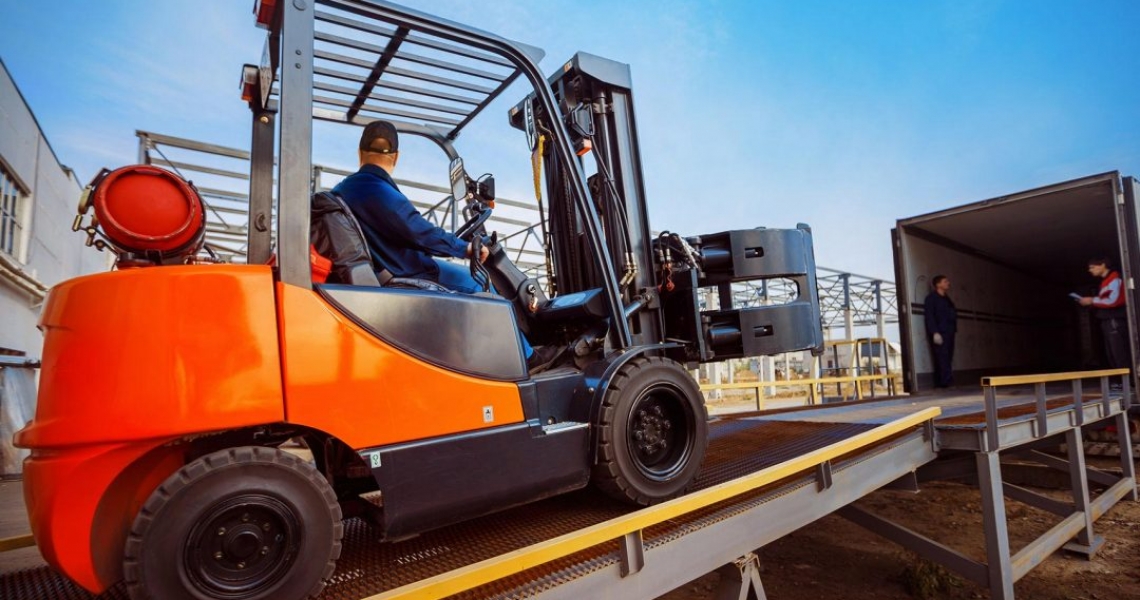

The extent of liability involved and whether or not the load has any special handling requirements.Since LTL shipments have to be corralled with others to make up volume, they usually take longer to reach their final destination - which is the major disadvantage.Ĭargo-delivery services typically charge freight fees for LTL loads depending on the freight class, weight, and pickup and drop-off destination codes.Ī freight class for a load is determined by: LTL shipping might also necessitate that goods be transferred from one truck to another, which could potentially damage freight - especially when using weaker containers like wood crates. LTL is reliable when the goods shipped are not very high-demand and can afford the time it takes to be trucked on average shipping routes. LTL allows shippers to pay only for what they occupy, which makes it a less expensive and more environmentally conscious method to ship. Dispatching an entire truck with just a few pallets is also not an environmentally-conscious option when you take into account the cost of fuel and labor. You will have to weigh the costs against the speed and care of handling too. Shippers use FTL when they need peace of mind that there will be minimal disruptions on the shipping route.Ĭost is the primary disadvantage of FTL shipping, especially if you don’t have enough goods to fill the entire truckload space you’re paying for. Shipping this way also minimizes damages from handling as the same container is carried from start to destination point without any transfer of goods.įTL is also helpful when shipping expensive or perishable cargo that mandates minimal handling and/or fast transportation. Need a partner who can handle high truckload volumes? PODS can perform distribution management for large businesses.įTL allows you to more precisely plan your shipment and delivery because you’re not coordinating shipping plans with others.Īn FTL shipment is usually faster than LTL because the shipping route is direct and less complicated. The truck might carry good from other distributors to make up the rest of the truckload volume within that’s not occupied. In contrast, the acronym LTL stands for “Less-Than-Truckload.” LTL means that you hire only a portion of the semi truck’s carrier space.


 0 kommentar(er)
0 kommentar(er)
